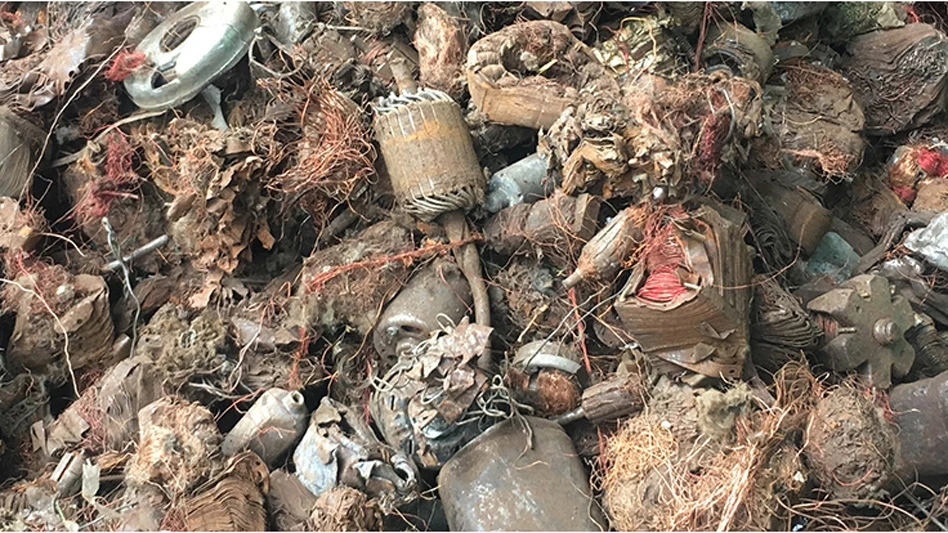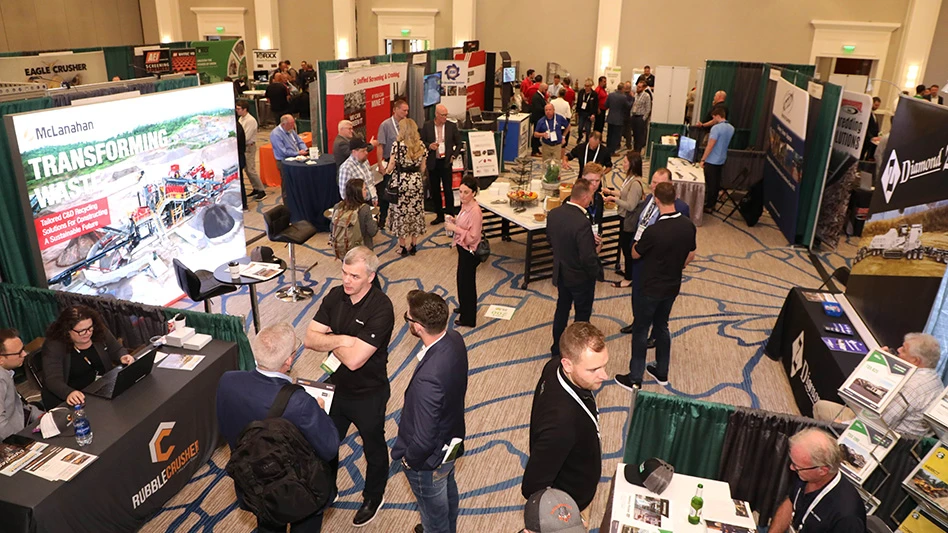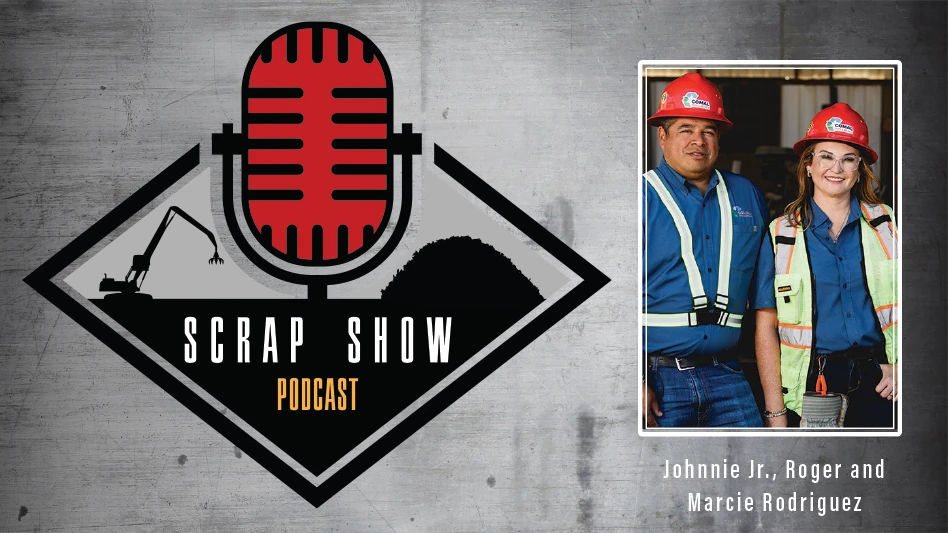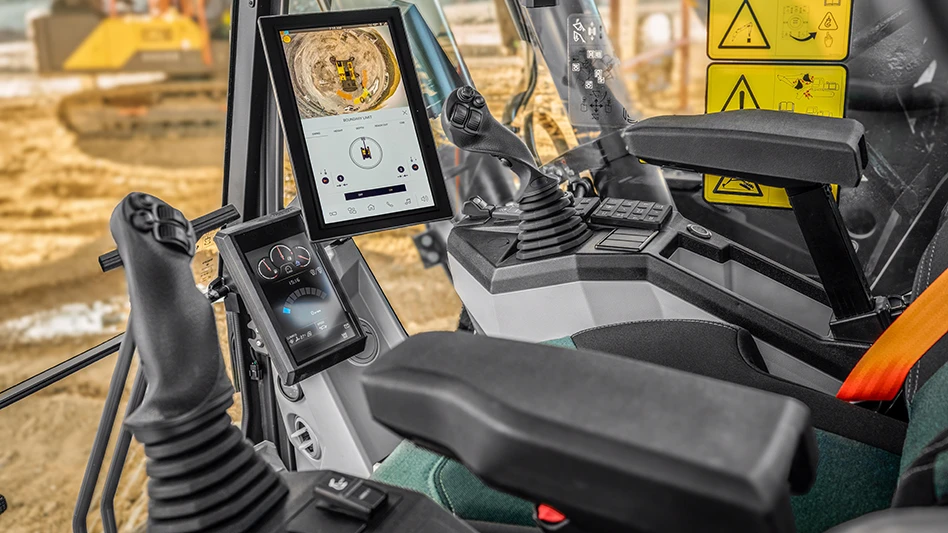
Recycling Today archives
The Washington-based Recycled Materials Association (ReMA) reportedly has filed a lawsuit against the Minnesota Department of Commerce regarding a law it will enforce in 2025 regarding the sale of copper for recycling.
Online local media reports in Minnesota indicate ReMA has sued Grace Arnold “in her capacity as commissioner of the Minnesota Department of Commerce” over a law that has been passed with the intention of stopping the theft of copper items, including in-use wiring.
ReMA, however, says the law as written will violate the state’s constitution and harm metal recycling companies and scrap generators who have not committed any crimes.
As described by the Minneapolis Star-Tribune and other Minnesota media outlets, the state next year will require a license for people who sell copper. ReMA characterizes that as “an unconstitutional separation of powers that gives Arnold sweeping authority and little guidance,” according to the news outlet.
Another concern expressed by ReMA is that the bill applies to small amounts of copper. In theory, that mean nearly all sellers of recycled metal—including end-of-life vehicles, appliances, computers and smart phones—will need a license, since such items all contain copper.
The Star-Tribune article says high-profile cases of copper theft that have led to darkened streetlights and other safety issues led to support for the law that targets scrap dealers and peddlers.
The newspaper quotes Neil Byce, co-owner of New Ulm, Minnesota-based CW Metals and Nordic Metals, as saying the law was written and passed without the state seeking input from metals recyclers or auto shredding plant operators.
“Lawmakers are well intentioned, and they create laws to try and give law enforcement tools, but unfortunately [there] is a disconnect between lawmakers, law enforcement and the community that’s responsible for collecting all of this stuff,” states Byce.
As metals theft has emerged as a problem this century, ReMA (formerly known as ISRI) has urged legislators and regulators to consider all stakeholders in the recycling chain when drafting laws or rules designed to stave off such theft.
ReMA is seeking to have a court declare the law unconstitutional and require the Department of Commerce to create a reworked and lower cost license application form for individuals and companies in Minnesota, according to reports.
Latest from Recycling Today
- Disappointing December predicted for overseas ferrous market
- Mazza Recycling acquires NJ hauling firm
- Fortum completes waste and recycling divestiture
- Commentary: Bridging the gap to a sustainable future
- UK’s Renewi targeted by Macquarie Infrastructure
- Hydro cites recycling as 2024 growth driver
- The impacts of the nation’s first textiles EPR law
- Smurfit Westrock launches new packaging to address EU regulation





